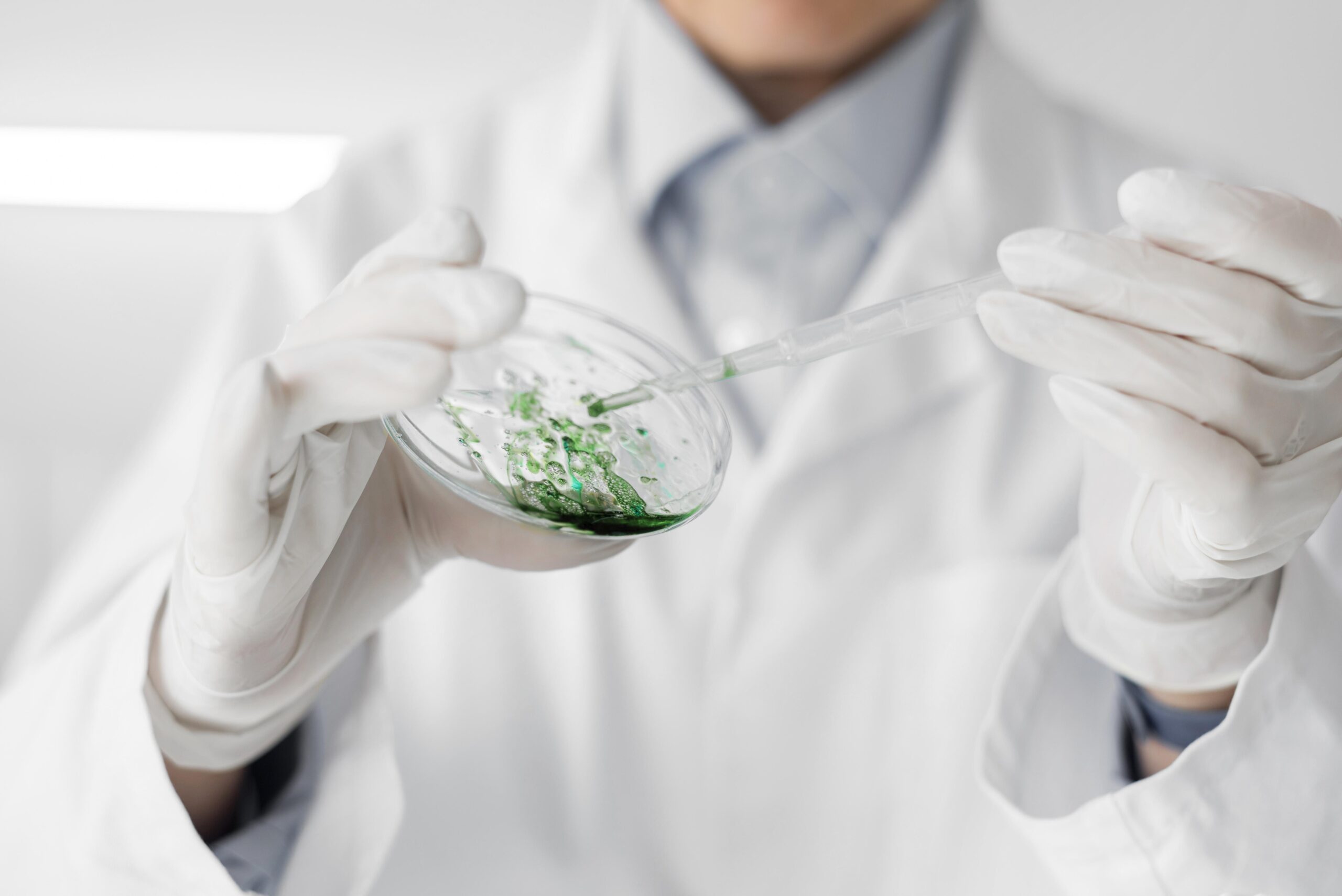Feed additives are products are that are used in animal nutrition in order to improve the quality of feed and the quality of produce from the animal. Feed additives also help boost the overall health of animals and enhance their productivity. There are four main types of feed additives:
Sensory Additives: These additives stimulate the appetite of the animals.
Nutritional Additives: Provides a particular nutrient that may be deficient in the animal’s diet.
Zootechnical Additives: mproves the overall nutritional value of an animal’s diet.
Coccidiostats and Histomonostats: Also known as antibiotics, these are feed additives that help get rid of microorganisms
What are natural feed additives?
Natural feed additives are derived from natural sources such as plants, minerals, and microorganisms. They are used in animal nutrition to improve the performance, health, and welfare of animals. Let us look at some common types of natural feed additives and their specific uses in animal nutrition:
Prebiotics: Prebiotics are non-digestible feed ingredients that stimulate the growth and activity of beneficial bacteria in the gut, such as Lactobacillus and Bifidobacterium. They can improve gut health, increase nutrient absorption, and boost immune function in animals.
Probiotics: Probiotics are live microorganisms that confer health benefits to the host animal. They include bacteria such as Lactobacillus, Bifidobacterium and yeast such as Saccharomyces cerevisiae. These additives can improve gut health, reduce the incidence of digestive disorders, and boost immune function in animals by promoting favourable gut microflora.
Enzymes: Enzymes are protein molecules that are added to the diet of monogastric animals in order to decrease the antinutritional effect of the feed. Enzymes can break down complex carbohydrates and proteins in feed, making them more available for digestion and absorption. This can improve nutrient utilization, reduce feed costs, and minimize environmental pollution.
Essential oils: Essential oils extracted from plants have antimicrobial, antioxidant, and anti-inflammatory properties. Essential oils such as thymol, eugenol, and cinnamaldehyde can improve gut health, enhance immune function, and reduce the incidence of digestive disorders in animals.
Organic acids: Organic acids such as acetic acid, propionic acid, and butyric acid can improve feed preservation, inhibit the growth of harmful bacteria in the gut, and improve gut health. They can also improve nutrient absorption and reduce the incidence of digestive disorders in animals.
Plant extracts: Plant extracts such as saponins, flavonoids, and tannins improve gut health, enhance immune function, and reduce the incidence of digestive disorders in animals. They also come with antimicrobial, antioxidant, and anti-inflammatory properties.
Seaweeds: Seaweeds are a natural source of bioactive compounds such as polysaccharides, polyphenols, and minerals. They help improve gut health, enhance immune function, and reduce the incidence of digestive disorders in animals. They also have antioxidant and anti-inflammatory properties.
Natural feed additives such as prebiotics, probiotics, enzymes, essential oils, organic acids, plant extracts, and seaweeds improve performance, health, and welfare in animals. Each type of natural feed additive has specific uses in animal nutrition, and their effectiveness depends on the animal species, diet composition, and environmental conditions.




